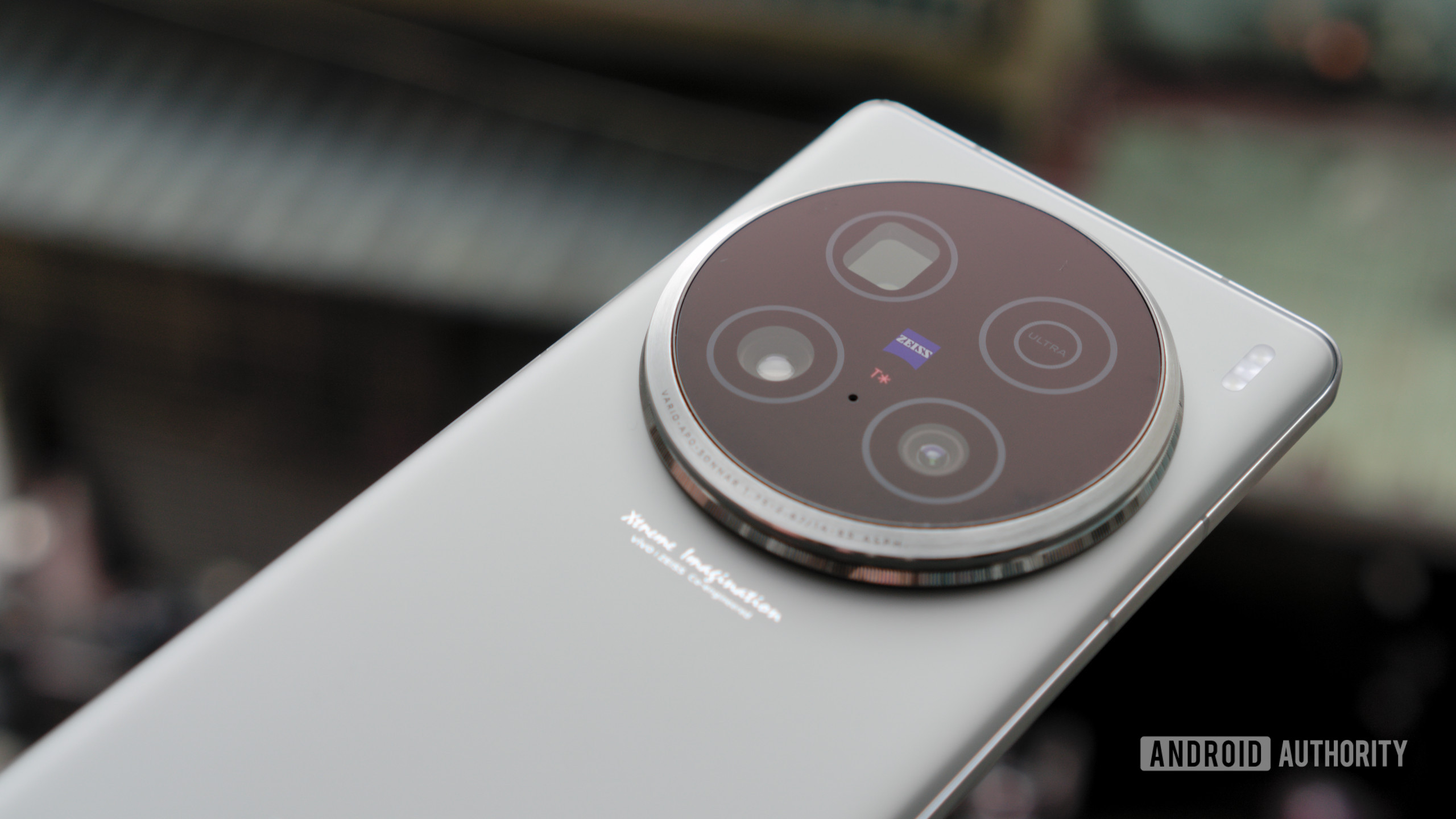Affiliate links on Android Authority may earn us a commission. Learn more.
Pixel 10, watch out: My most-used camera of 2024 isn't a 1x camera
Published onOctober 19, 2024

For a while now, I’ve felt that the best camera phones are broadly similar when it comes to main camera quality. Sure, there are minute differences in terms of detail, colors, HDR, and a few other factors. But generally speaking, primary cameras on high-end and even mid-range phones have been good, if not great, for a while now.
The same couldn’t be said for telephoto cameras, though. Between small sensor sizes, narrow apertures, low output resolution, and unsatisfactory hybrid zoom, these cameras often struggled to get anywhere near the image quality of primary lenses. My 2022-era Google Pixel 7 Pro went some way to addressing these issues, but I recently switched to the vivo X100 Ultra as my secondary device and realized something: I’m shooting far more photos with this phone’s telephoto camera.
And I’m not alone. Some of my colleagues here on Android Authority have been relying more and more on their telephoto camera. So when the time comes next year for Samsung to release the Galaxy S25 series and for Google to launch the Pixel 10, I hope that they keep this rising telephoto need in mind and upgrade their cameras accordingly.
Are you shooting more zoomed-in photos in 2024?
Telephoto cameras made a leap forward, and I’m here for it
In the past, telephoto shots used to look obviously inferior to main cameras. However, that gap has narrowed considerably in the last couple of years due to larger, higher-resolution sensors, wider apertures, and efforts by OEMs to deliver consistent image processing. Phones like the Pixel 6 Pro, Pixel 7 Pro, and HUAWEI P50 Pro started bringing in a few improvements (e.g. high-resolution sensors) in 2021/2022, but I still thought there was a notable gap in quality.
However, today’s phones have loads of telephoto upgrades, so you can shoot respectable low-light snaps with the telephoto camera instead of cropping from the main camera. Even daytime shots have seen a marked improvement in detail, noise, color consistency, hybrid zoom, and more.
If you want an idea of what modern telephoto cameras are capable of, check out some shots below from the Google Pixel 9 series, Galaxy S24 Ultra, and some Chinese flagships.
Telephoto cameras also debuted portrait mode back in 2016 on the iPhone 7 Plus, but photos taken in these modes often looked artificial. Nevertheless, improved software, larger sensors, 3x (~70mm) focal lengths with natural bokeh, and 3D ToF cameras mean that your portrait shots also look great today. In fact, my colleague Rob Triggs praised the Xiaomi 14 Ultra for its “sumptuous portraits.”
Telephoto cameras on the likes of HUAWEI, Xiaomi, Sony, and vivo phones all offer macro-focusing capabilities, too. This means you don’t need to be super-close to subjects to actually get a macro snap while also showing none of the extreme distortion seen with ultrawide macro shots. This ability to focus on close subjects also meant I could use the telephoto camera on the vivo X100 Pro and Ultra for product snaps that were featured on the Android Authority website. That Galaxy Watch Ultra snap is particularly great, featuring plenty of detail and natural bokeh.
Unfortunately, the Pixel 9 Pro series doesn’t bring this ability to focus on close-up subjects. It’s not a huge deal in general, but I thought this option was clearly a practical addition that made for a more flexible shooting experience. And it’s definitely something I look for today.
Almost as good as main cameras (almost)
Early telephoto cameras definitely left me wanting owing to the inferior image quality compared to the main camera. Some early telephoto shooters even lagged behind when it came to features, lacking options like a night mode or support for manual/pro mode. But most of the issues have been solved on the top Android phones, and we’re at a point where switching to the zoom camera doesn’t necessarily entail many sacrifices.
I’m not planning to give up using the primary camera in 2025 as there are still plenty of benefits to sticking with the 1x shooter, such as better low-light performance and the ability to freeze subjects in motion. Nevertheless, I can definitely see myself spending more time with the telephoto camera in 2025, and I’m keen to see what Android brands have up their sleeve for next-generation flagship phones. I’ve also got my fingers crossed that Google brings some of these improvements to the Pixel 10 series for even better zoomed shots.